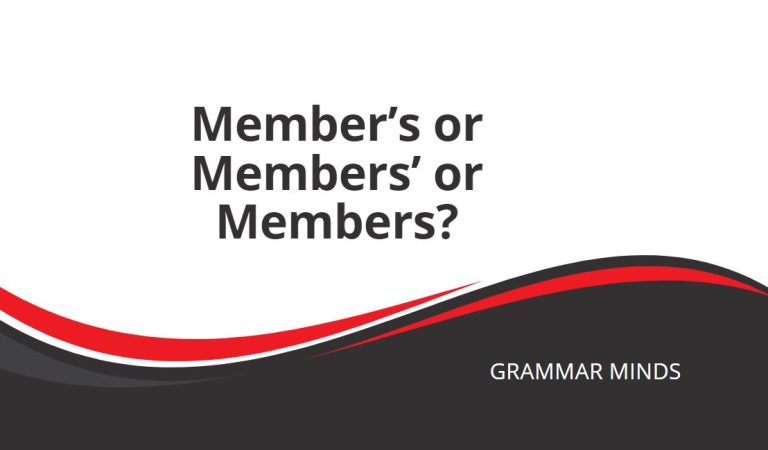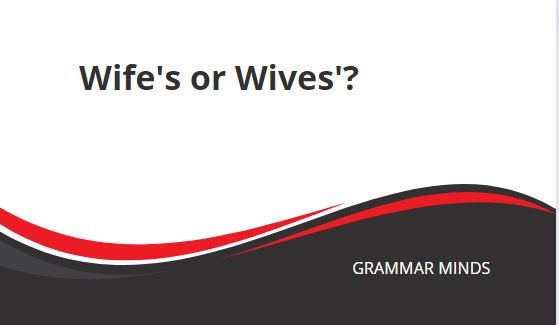
The term group’s is the singular possessive form of group. E.g., “The group’s decision was unanimous.” Furthermore, groups’ is the plural possessive version. E.g., “Both groups’ members were actively participating.” Also, groups is the standard plural version. E.g., “I am coordinating with the groups for the event.”
This table provides an overview of the different forms of the word group.
| Form | Example |
| Singular | group |
| Plural | Groups |
| Singular possessive | Group’s |
| Plural possessives | Groups’ |
The following examples show how you can use the different forms in a sentence:
- Singular: The group is presenting their findings tomorrow.
- Plural: Three groups are competing in the finals.
- Singular possessive: I admire the group’s dedication.
- Plural possessive: All groups’ representatives should attend the meeting.
Keep reading to learn more about using the plural and possessive versions of the term group.
Group’s
The term group’s is the singular possessive version of the word group. That means you use it to refer to something that one group owns or possesses.
- The group’s decision reflects their commitment to excellence.
- This group’s expertise in the field is unparalleled.
Furthermore, even though the plural version of group and the plural possessive commonly refer to various members, the singular possessive usually only relates to a single group.
Groups’
The term groups’ is the plural possessive form of the word group. That means you use it to indicate ownership or possession of something by more than one group.
- The collaboration showcased both groups’ strengths.
- Groups’ representatives should coordinate for an upcoming event.
Furthermore, people commonly use the term groups’ to refer to a diverse set of entities collectively. For instance, when addressing multiple teams or organizations, it is common to say groups.
Therefore, you can use the plural possessive to refer to something possessed by multiple groups.
- I appreciate the input from all groups’ members.
Groups
The term groups is the plural form of the word group. Consequently, you can use it to refer to multiple groups, as long as the structure is not possessive.
- I am meeting with the groups later to discuss the project.
- Your groups have different approaches, and that’s valuable.
Additionally, you can also use groups to refer to a collective of entities that may include teams, organizations, or any other groupings.
- When addressing a collective, the complete phrase is usually “groups and individuals.”
However, people often omit the word individuals and just say groups to refer to all entities.
- Good afternoon, groups. Let’s collaborate for success.







